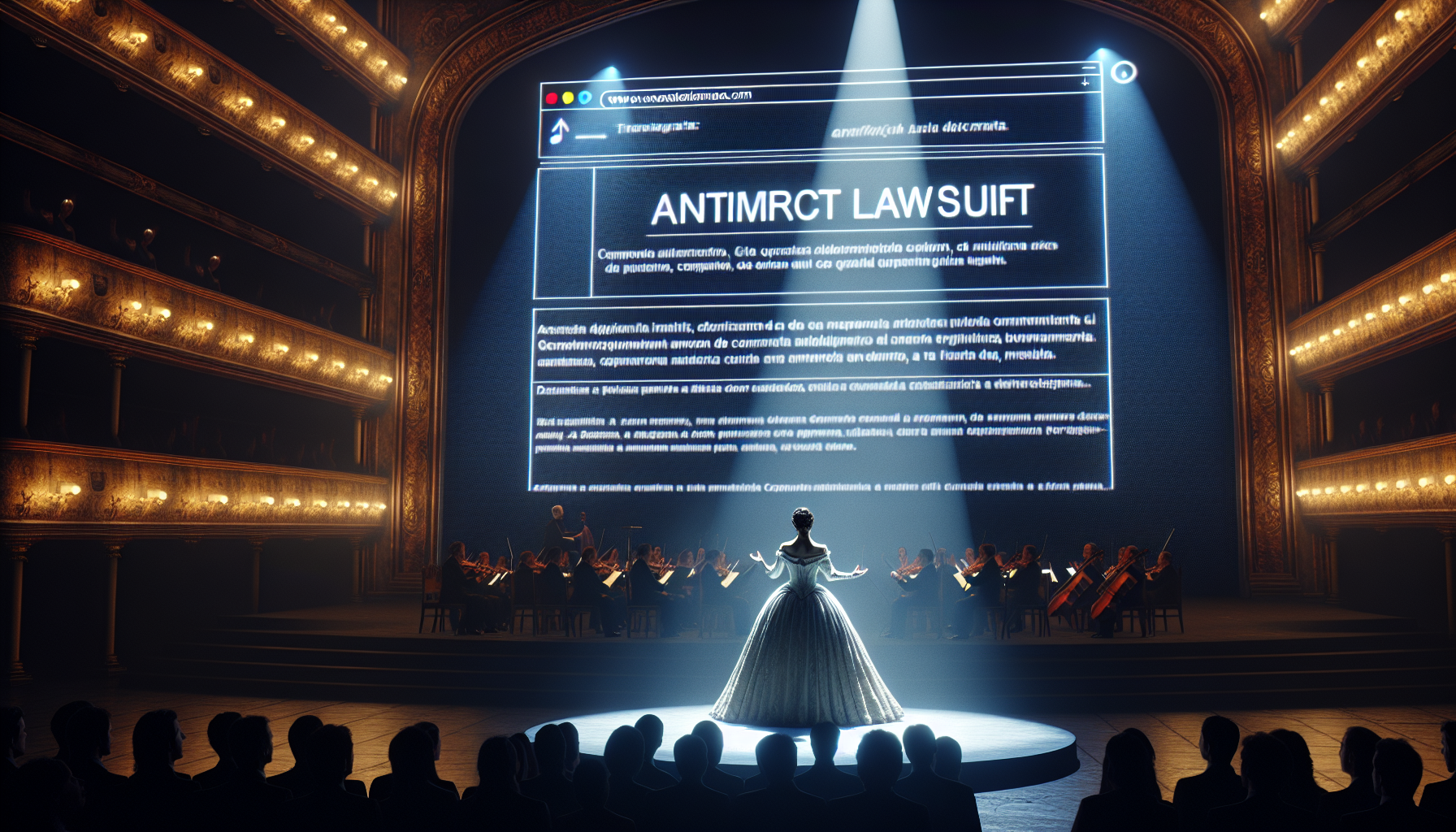
Opera’s Antitrust Dispute with Microsoft: An In-Depth Analysis
Opera’s Claims Against Microsoft
Opera, the browser firm from Norway, has lodged an antitrust complaint against Microsoft in Brazil. The complaint focuses on Microsoft’s strategy of making Edge the sole pre-installed browser on Windows computers. Opera contends that this creates an inequitable competitive landscape for other browsers. The company asserts that Microsoft’s agreements and design strategies, which involve dark patterns, deter users from downloading and utilizing competing browsers.
The Function of Brazil’s CADE
Opera has reached out to Brazil’s Administrative Council for Economic Defense (CADE) to pursue actions against Microsoft’s practices. CADE is tasked with maintaining fair competition in Brazil’s market, and Opera is urging the council to intervene to create a fairer environment for all browser developers.
Historical Background: An Ongoing Rivalry
This is not the first confrontation between Opera and Microsoft. The two entities have a history of legal disputes, beginning in 2007 when Opera filed a lawsuit against Microsoft in the EU concerning similar antitrust issues. During that time, Opera claimed that bundling Internet Explorer with Windows was anticompetitive. More recently, Opera tried, but failed, to have Microsoft classified as a gatekeeper for the Edge browser under the EU’s Digital Markets Act.
The Effects of Pre-Installation Policies
Central to Opera’s complaint is the pre-installation of Microsoft Edge on Windows devices. By designating Edge as the default browser, Microsoft restricts the visibility and usability of alternative browsers like Opera. This approach can greatly influence user preferences and market competition, as a significant number of users tend to remain with pre-installed software for the sake of convenience.
Design Strategies and Deceptive Patterns
Opera further accuses Microsoft of utilizing design strategies and deceptive patterns to dissuade users from changing browsers. Deceptive patterns are misleading design choices that influence users into making specific decisions, such as continuing with a default option. These strategies may involve complicating the process of changing default settings or obscuring alternative choices.
The Wider Consequences for Browser Competition
The resolution of Opera’s complaint could have major repercussions for browser competition on a global scale. Should CADE decide in favor of Opera, it could establish a benchmark for other nations to scrutinize Microsoft’s practices. This could result in heightened examination and potential alterations in how browsers are packaged with operating systems.
Conclusion
Opera’s antitrust case against Microsoft underscores persistent worries regarding fair competition in the browser sector. By contesting Microsoft’s practices in Brazil, Opera seeks to foster a more equitable environment for rival browsers. The result of this case could have extensive implications for the technology sector and consumer preferences.
Q&A Section
What is the primary concern Opera has with Microsoft?
Opera’s primary concern is that Microsoft establishes Edge as the exclusive pre-installed browser on Windows computers, which they argue creates an unfair competitive landscape for other browsers.
What are deceptive patterns, and how are they pertinent to this case?
Deceptive patterns are misleading design strategies that influence users into making certain choices, such as remaining with a default option. Opera alleges that Microsoft employs these strategies to deter users from changing browsers.
Has Opera previously initiated legal action against Microsoft?
Yes, Opera has a history of legal disputes with Microsoft, including a 2007 lawsuit in the EU over similar antitrust issues concerning Internet Explorer.
What is CADE, and what role does it serve in this case?
CADE is Brazil’s Administrative Council for Economic Defense, which ensures fair competition in the marketplace. Opera has approached CADE to seek redress against Microsoft’s practices.
How might this case affect the browser market?
If CADE rules in favor of Opera, it could create a precedent for other countries to assess Microsoft’s practices, potentially resulting in increased scrutiny and modifications in how browsers are packaged with operating systems.